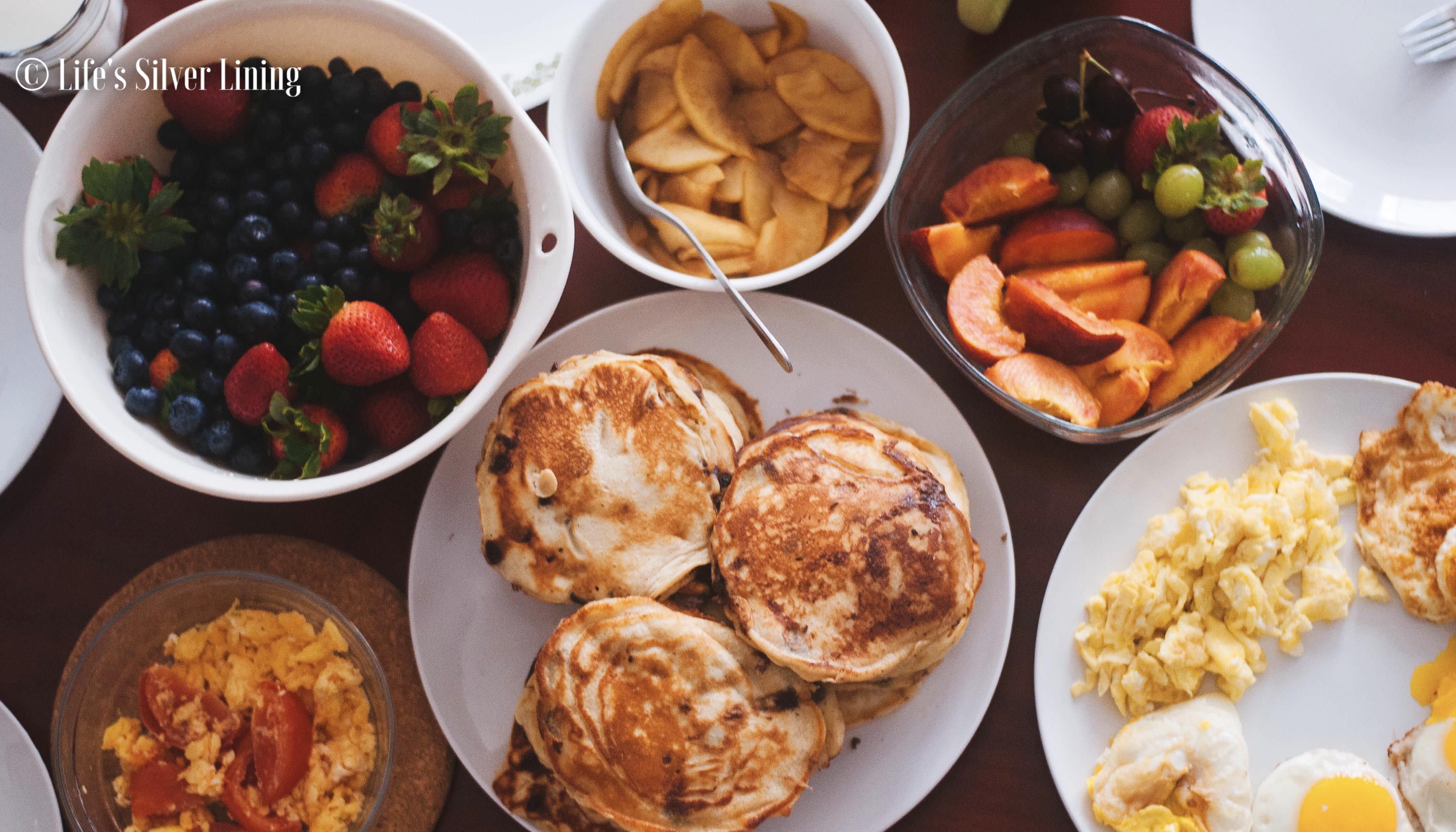
In many cultures food can be an important part of social relationships, with your family, your friends, your loved one, your coworkers, etc. Even business relations can also evolve around food.
These moments can be very relaxing or sometimes develop social pressure. Depending on things like food orientation, quantity eaten, even the way of eating, which can be subject to burden. Therefore this psychological dimension can be either pleasuring or painful, ultimately it can lead to a distress situation. That’s when sometimes people isolate themselves avoiding these moments.
However speaking on the positive side of food, the main purposes present are giving and sharing, kind of like a form of love. This implicit concept is learned in socialisation growth by children in the early stages of life. For example moms are classically obsessed about the amount of food you eat, anyone can resemble that picture.
That’s the primary reason why the relationship with food is so tricky and complex. Consequently it makes it harder when changes need to be made on your eating habits.
In my life food has always had an essential role, as a way of sharing affection, and also I consider myself a foodie. I love eating, not by quantity, but by quality. So the transformation of my dietary habits was made easy, because I simply adore to experience new flavours and aromas. Although it was slightly easier to change into a healthier and weight management diet, I sometimes failed and had to restart the process. Stay with me and I’ll give you some tips on how to keep on track.
Bella.
















 This website uses cookies to improve your experience while you navigate through the website. Out of these, the cookies that are categorized as necessary are stored on your browser as they are essential for the working of basic functionalities of the website. We also use third-party cookies that help us analyze and understand how you use this website. These cookies will be stored in your browser only with your consent. You also have the option to opt-out of these cookies. But opting out of some of these cookies may affect your browsing experience.
This website uses cookies to improve your experience while you navigate through the website. Out of these, the cookies that are categorized as necessary are stored on your browser as they are essential for the working of basic functionalities of the website. We also use third-party cookies that help us analyze and understand how you use this website. These cookies will be stored in your browser only with your consent. You also have the option to opt-out of these cookies. But opting out of some of these cookies may affect your browsing experience.